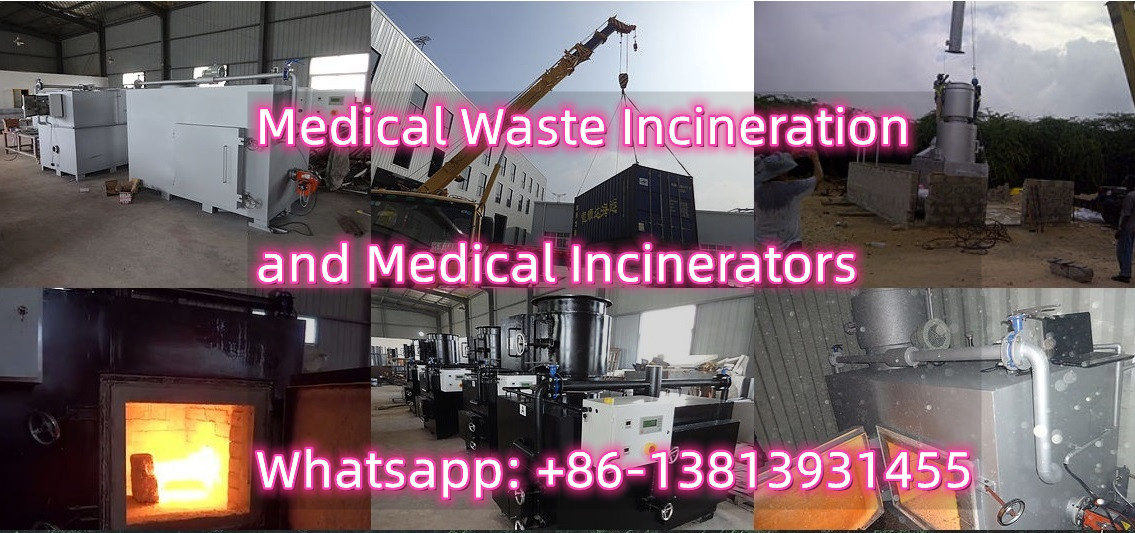Kenya is facing a growing waste management challenge, with plastic pollution and other forms of waste becoming more prominent in the country. To tackle this issue, the Kenyan government has announced plans to build a modern incinerator that will help handle the country’s increasing waste output.
The incinerator is set to be located in Nairobi, where the majority of Kenya’s waste is generated. The project is being implemented by the Kenyan National Environment Management Authority (NEMA), and is expected to cost approximately $300 million. The incinerator will have a capacity of processing 2,000 tonnes of waste per day, and is expected to significantly reduce the amount of waste that is currently piling up in landfills.
One of the major advantages of incineration is that it allows for the safe disposal of waste, while also generating energy in the process. The modern incinerator in Kenya will utilize advanced technology to ensure that the process is as efficient and environmentally friendly as possible. This is in contrast to traditional incinerators, which have been criticized for their negative impact on the environment and public health.
The construction of the incinerator is part of Kenya’s broader efforts to improve waste management and reduce the environmental impact of waste. The Kenyan government has been implementing various policies and initiatives to address the growing waste problem, including the ban on single-use plastic bags in 2017. However, there is still a long way to go in terms of implementing effective waste management strategies, and the incinerator is seen as a significant step forward in this regard.
The incinerator is also expected to create employment opportunities for the local community, as well as contribute to the country’s energy production. The energy generated from the incineration process will be used to power homes and businesses in the area, helping to reduce the country’s reliance on fossil fuels.
Despite the potential benefits of the incinerator, there are concerns about its impact on air quality and public health. The NEMA has assured the public that the incinerator will meet strict environmental standards, and that measures will be put in place to ensure that the emissions from the facility are not harmful to the surrounding environment.
Overall, the construction of a modern incinerator in Kenya is a positive step towards addressing the country’s waste management challenges. By combining advanced technology with strict environmental standards, the incinerator has the potential to significantly reduce the amount of waste that ends up in landfills, while also generating clean energy for the community. With the right safeguards in place, the incinerator could prove to be a valuable asset in Kenya’s fight against waste pollution.



